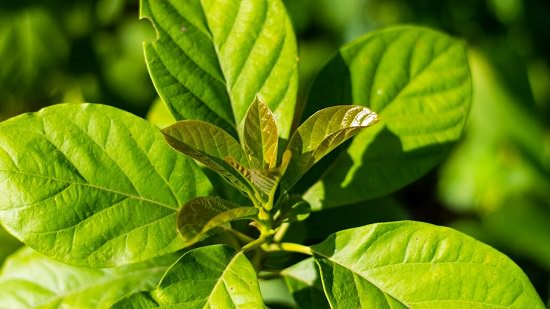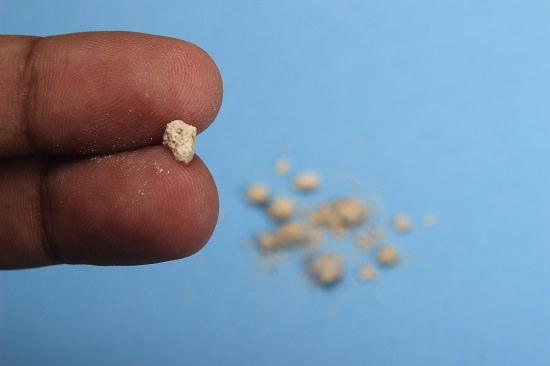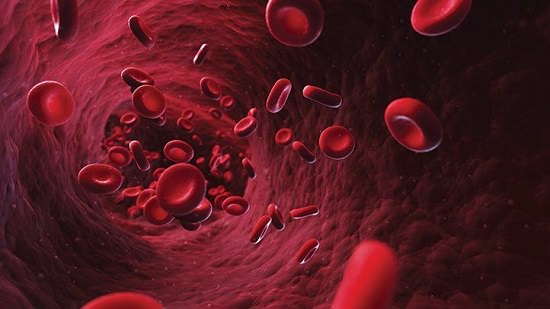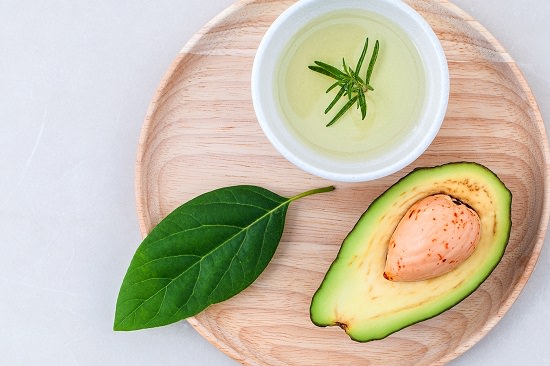Avocado is commonly and widely used around the world but people often ignore the leaves. Learn what are avocado leaves useful for in this article.
What are Avocado Leaves Useful For
Avocado trees are native to Mexico and are now cultivated across the world. They yield the nutritionally potent avocado fruit, but their leaves are also packed with a powerful nutritional and medicinal punch. Avocado leaves are oblong in shape, long and slender with a leathery feel. They are available throughout the year, and usually, the Mexican avocado leaves are deemed edible and safe to consume.
The Aztec and Mayan people of Mexico used avocado leaves as a natural remedy to treat various ailments varying from diarrhea, arthritis, pain, cough, and menstrual disorders. They made a tea by steeping crushed fresh or dried leaves in hot water and consumed it internally or used it topically to soothe skin problems. The leaves are pungent and slightly bitter and are available in both fresh as well as dried form commercially.
Nutritional Components
Avocado leaves are full of protein, fiber, minerals, and trace elements like zinc, sodium, calcium, manganese, magnesium, iron, calcium, and potassium. 100g of avocado leaves contain 25g of protein and 38g of fiber.
Health Benefits of Avocado Leaves
1. Rich in Anti-oxidants
They are rich in antioxidants like quercetin and other polyphenols, which fight free radicals in your body and also help stave off chronic diseases. Antioxidants help lower blood pressure by relaxing the walls of your blood vessels.
2. Beneficial for Kidney Stones
Avocado leaves tea helps break down kidney stones and facilitates their natural elimination via urine. The tea also helps reduce acidity in the stomach and prevents stomach ulcers.
3. Aids Weight Loss
The tea helps treat constipation and suppresses appetite and helps
burn excess fat, making it a good option for weight watchers.
4. Good for Ailments
The tea effectively treats colds, flu, stomach pain, diarrhea, arthritis, gout, menopausal problems, and menstrual irregularities. It acts as a diuretic, blood purifier, and antibiotic. It helps lower blood sugar levels and is beneficial if you have type 2 diabetes. Avocado tea with added salt eases respiratory distress in asthmatics.
5. Anti-inflammatory Properties
It has anti-inflammatory properties that help alleviate toothache, low back pain, headache, and arthritic pain. Avocado leaf extract helps reduce stress and prevent seizures.
6. Rich in Iron and Calcium
The leaves are rich in iron which helps prevent anemia. Calcium in the leaves supports bone health.
7. Other Benefits
The leaves have antibacterial and antiseptic properties which treat acne. If you apply a mash of avocado leaves as a face mask, it will help prevent wrinkles and promote skin elasticity. Mashed leaves mixed with olive oil can also be used as a hair mask full of B vitamins that are essential for healthy hair.
How to Use
You can make avocado tea by steeping four dried avocado leaves in hot water or boiling the leaves in a saucepan for 15 minutes. Strain the tea and drink two times a day to reap the benefits. If using fresh leaves, wash them thoroughly and simmer them in water for 10 minutes. If needed, you can also add a sweetener to make the tea more palatable.
You can roast, steam, or even boil the fresh leaves of the avocado. They have a slight nutty hazelnut-like aroma and a mild anise flavor. The leaves can wrap fish for steaming and flavor meats by grilling or roasting meats on them. The dried leaves can add flavor to soups, stews, sauces, and the leaves’ juice in salad dressings.
Precautions
- Avoid consuming the Guatemalan avocado leaves as they are toxic.
- Consume the avocado leaf tea in moderation, and it is safe to stick to a maximum of 2 cups a day. Excess consumption may potentially cause heart, lung, and liver problems. Consult your doctor before including the leaves in your diet.




